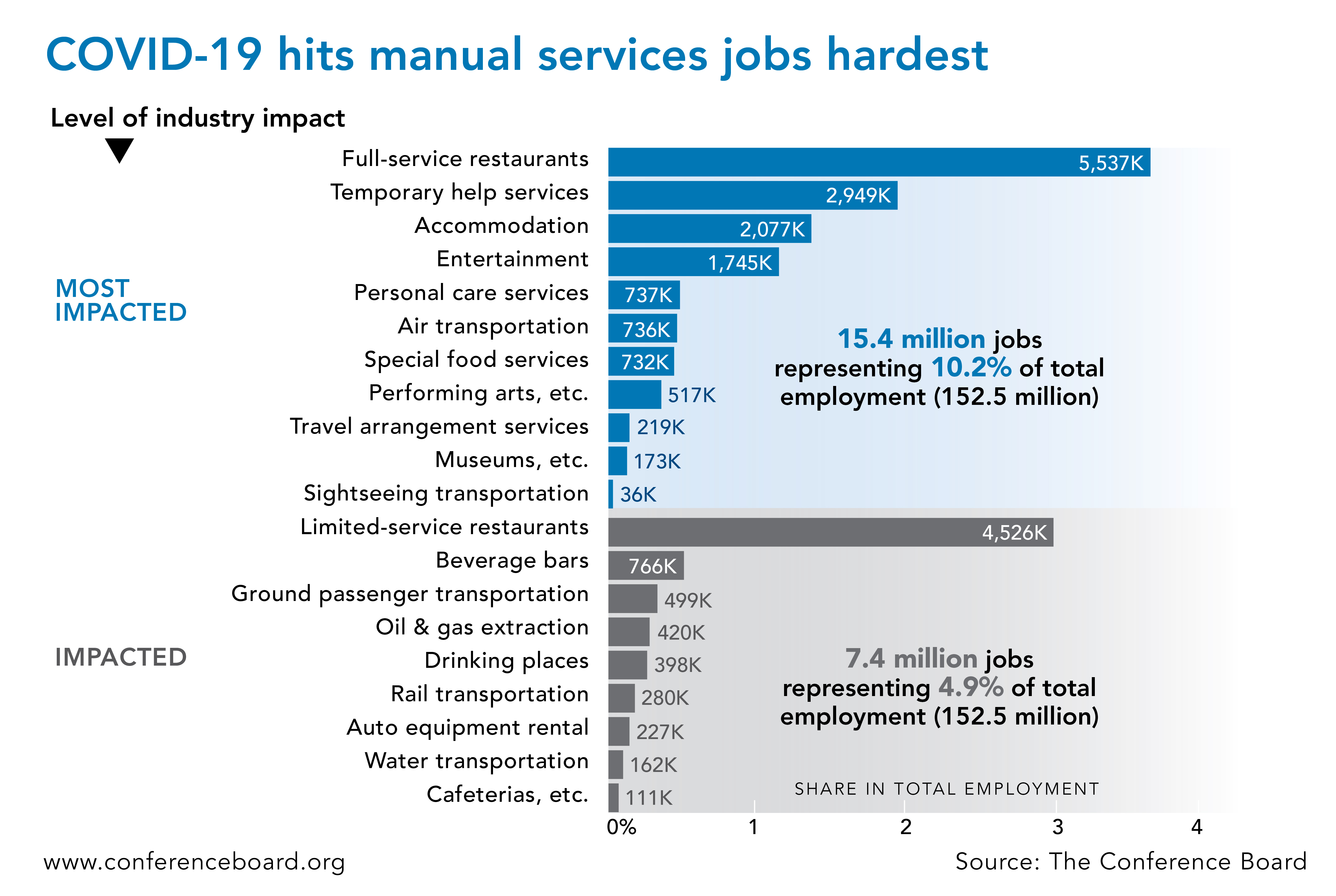A doctor in Janesville is expressing her gratitude after two local companies donated medical equipment to help fight the coronavirus.
“I’ve’ been very, very busy for the past week, working quite hard,” Dr. Kathleen Agard said in a video she uploaded to Facebook.
Dr. Agard is an anesthesiologist at Mercy Hospital in Janesville. In her video, she thanks Janesville companies Prent and JP Cullen for their donations.
“I am incredibly grateful. We are very, very lucky here in Janesville to have these families and these companies that help us out and there are wonderful good people through this all,” Dr. Agard said.
Dr. Agard told NBC15 news that Prent Corporation donated more than 2,000 protective face shields to the Mercy Hospital system.
According to their website, Prent is the “world’s leading designer and manufacturer of custom plastic, rigid thermoform packaging for the medical, electronics and consumer industries.” Prent is headquartered in Janesville but has facilities all over the world.
JP Cullen is also getting in on the goodwill. On their Facebook page, the company announced they are donating 2,400 N95 face masks to local hospitals.
“Every bit of help makes a difference!” JP Cullen wrote in their post.
For more information about the government’s request for donations from the construction industry, go to: https://www.nbcnewyork.com/news/national-international/pence-to-construction-companies-send-hospitals-your-n95-face-masks/2331102/



